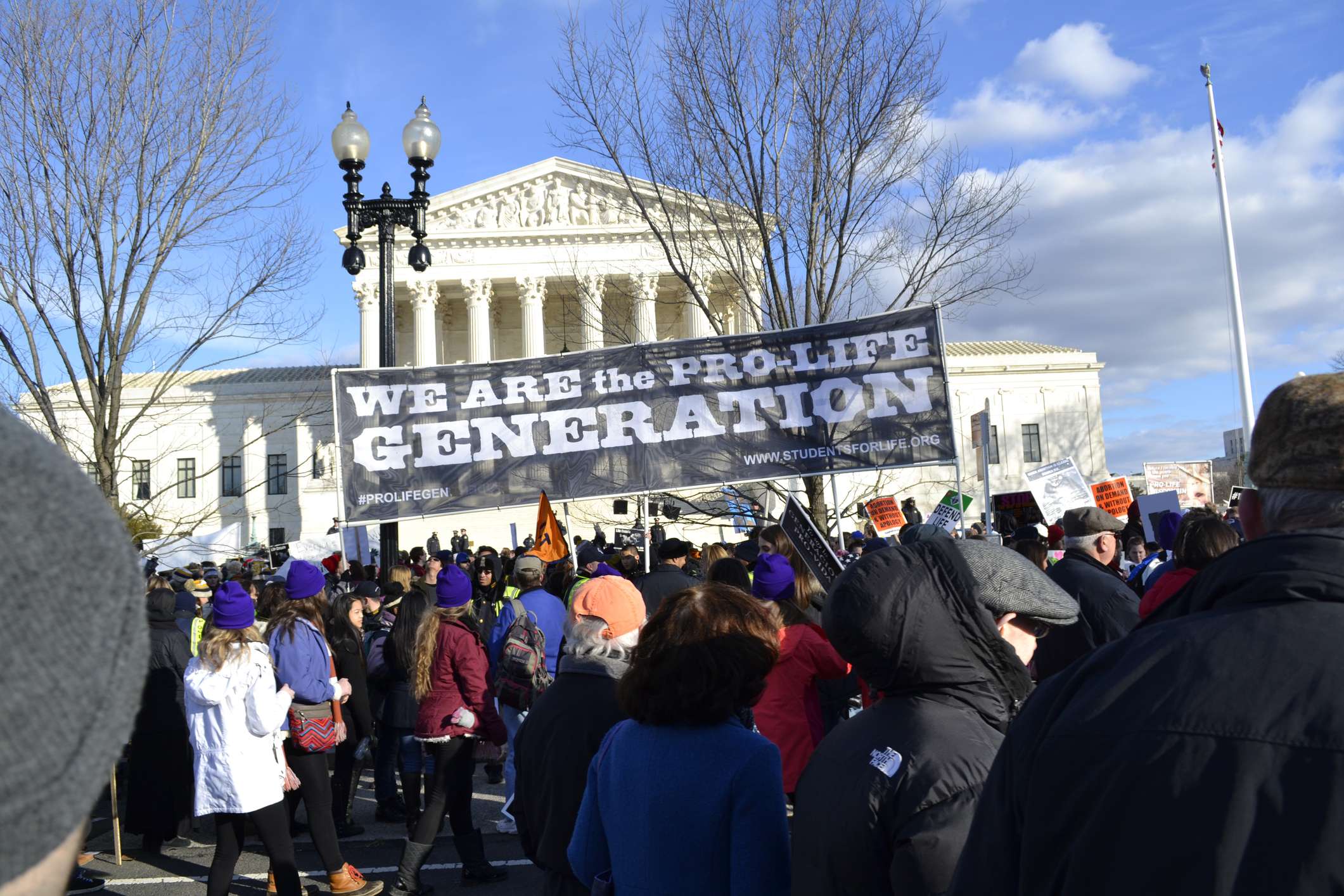
Abortion business CEOs are publicly mourning, as a recent New York Times article highlighted their complaints about how hard it’s been for them to kill more preborn babies since Roe v. Wade reversal in 2022. Those abortion zealot tears are in part thanks to the Pro-Life Generation.

In the last two years, Planned Parenthood and other abortion businesses have sought to build more facilities in pro-abortion states. While the thought of abortionists expanding their businesses is disheartening to those who stand for preborn life, these facilities have been facing challenges from pro-life groups.
One such business is DuPont Clinic, an abortion facility in Washington, D.C., that is known for performing late-term abortions.
After Dobbs v. Jackson – the case in which the Supreme Court reversed Roe – DuPont’s CEO Matthew Reeves signed a lease for a new facility in Beverly Hills, California. DuPont had spent nearly one year looking for available buildings in Los Angeles, with most landlords backing out after realizing that DuPont performed abortions after 20 weeks (bless those landlords!).

After DuPont signed their lease, pro-life groups protested with fliers, marches, and conversations within the community. Two months into these protests, DuPont received a letter from their landlord, rescinding the lease. Pro-lifers spoke up, and it made a difference. DuPont filed lawsuits shortly after.
A similar thing happened when Planned Parenthood tried to open a facility in Lancaster, Pennsylvania.
In Pennsylvania, abortion facilities are required to have a contract with a hospital within 30 minutes, so emergency care can be offered if needed.
Planned Parenthood Keystone’s CEO said one hospital refused a partnership after receiving “an onslaught of calls” from pro-lifers who voiced their concerns. This form of advocacy made it more difficult for Planned Parenthood to open their Lancaster facility.
What can we take from these cases?
Local advocacy isn’t a small thing – it can be the difference of life or death. In these cases, our community efforts worked. Students for Life of America (SFLA) has been at the forefront of passing pro-life legislation like Florida’s Heartbeat Protection Act. In the meantime, SFLA and other pro-life groups have been using social media, billboards, and conversations in our communities to combat abortion.

In a time when Planned Parenthood performed free abortions outside the DNC with people dressed as abortion pills marching outside, community outreach is essential to changing hearts and minds – and eventually ending abortion.
In June of 2023, the Times reported that at least 61 facilities across the nation had stopped performing abortions since Roe’s reversal. Abortionists are saying that it’s harder to do business.
This is a win for human rights – and it’s all thanks to pro-lifers standing up for children in their own community.
READ NEXT: New York Times Doesn’t Care About Sloppy Science and Lack of Abortion Safeguards
Share this post
Recent Posts

National Celebrate Life Weekend Dominates D.C.: Just Look at the Coverage
01 Jul 2025
The Pro-Life Generation REACTS: “Big, Beautiful” Budget Bill Vote One Step Closer to Defunding Planned Parenthood & ALL Abortion Vendors
01 Jul 2025
News: FIVE Lawmakers Recognized for Defending Life
30 Jun 2025

